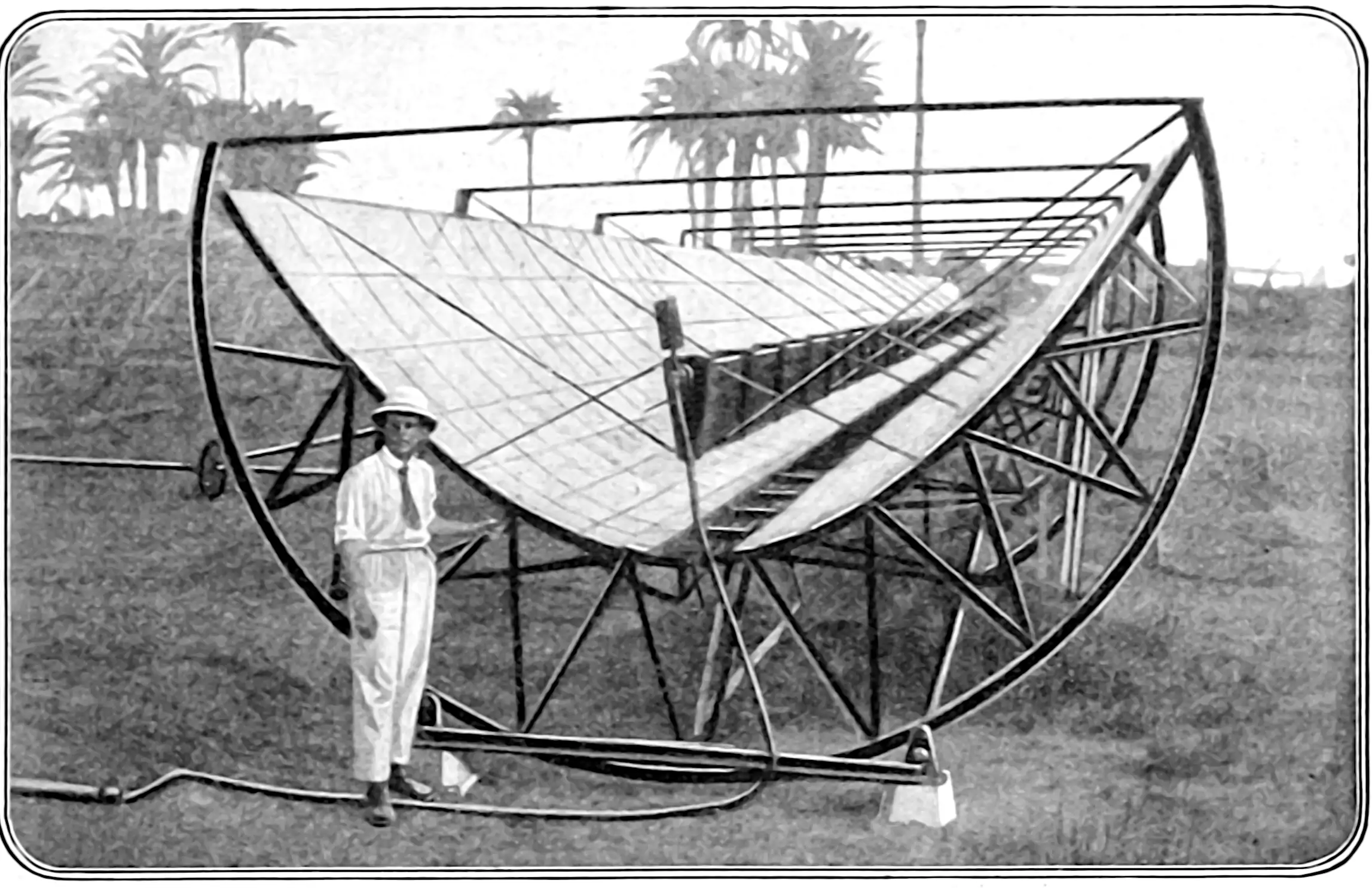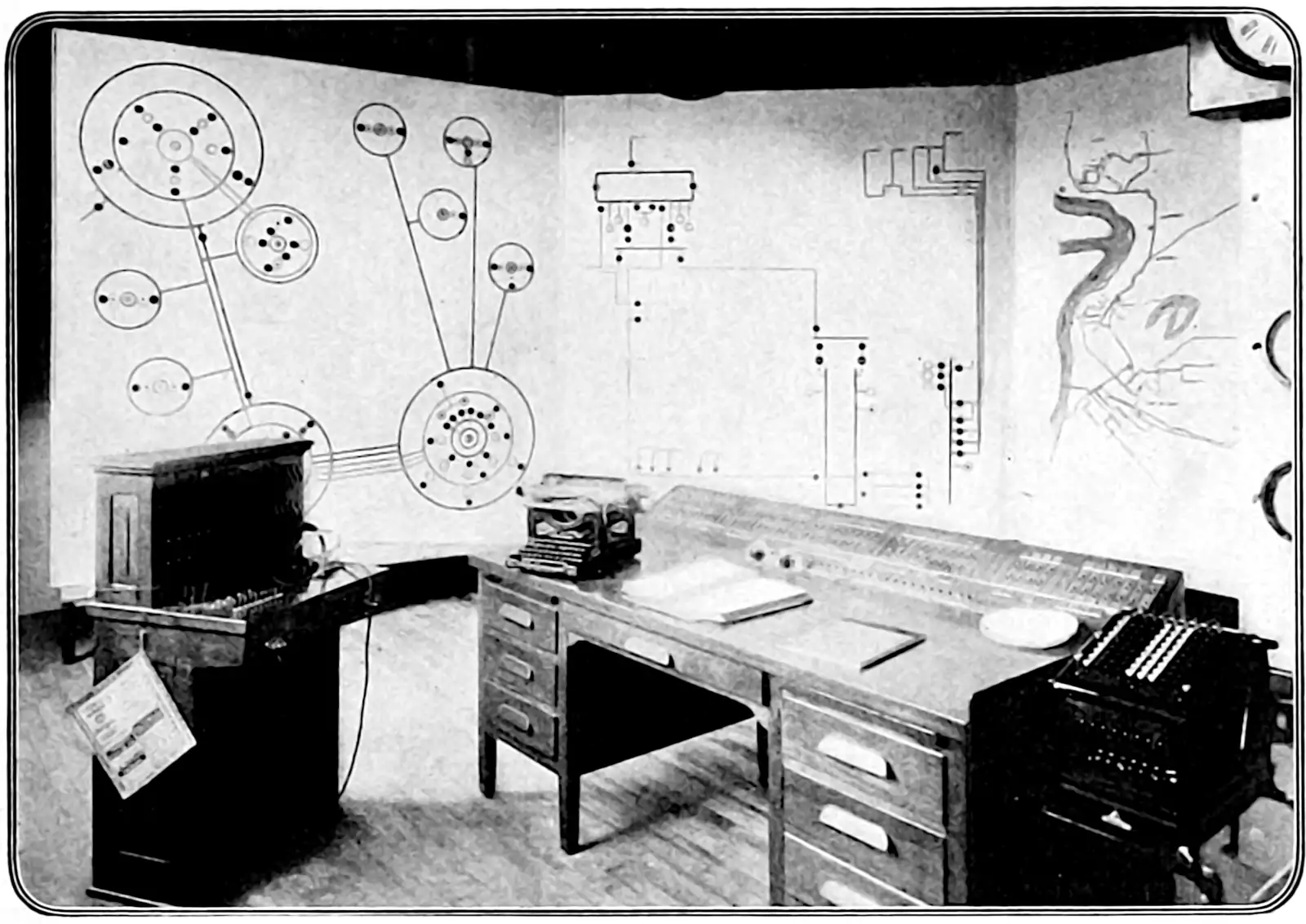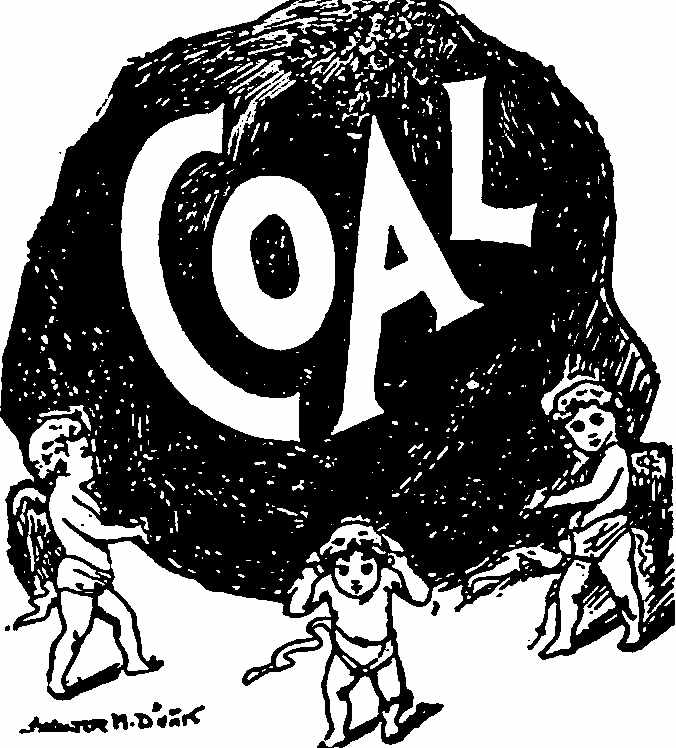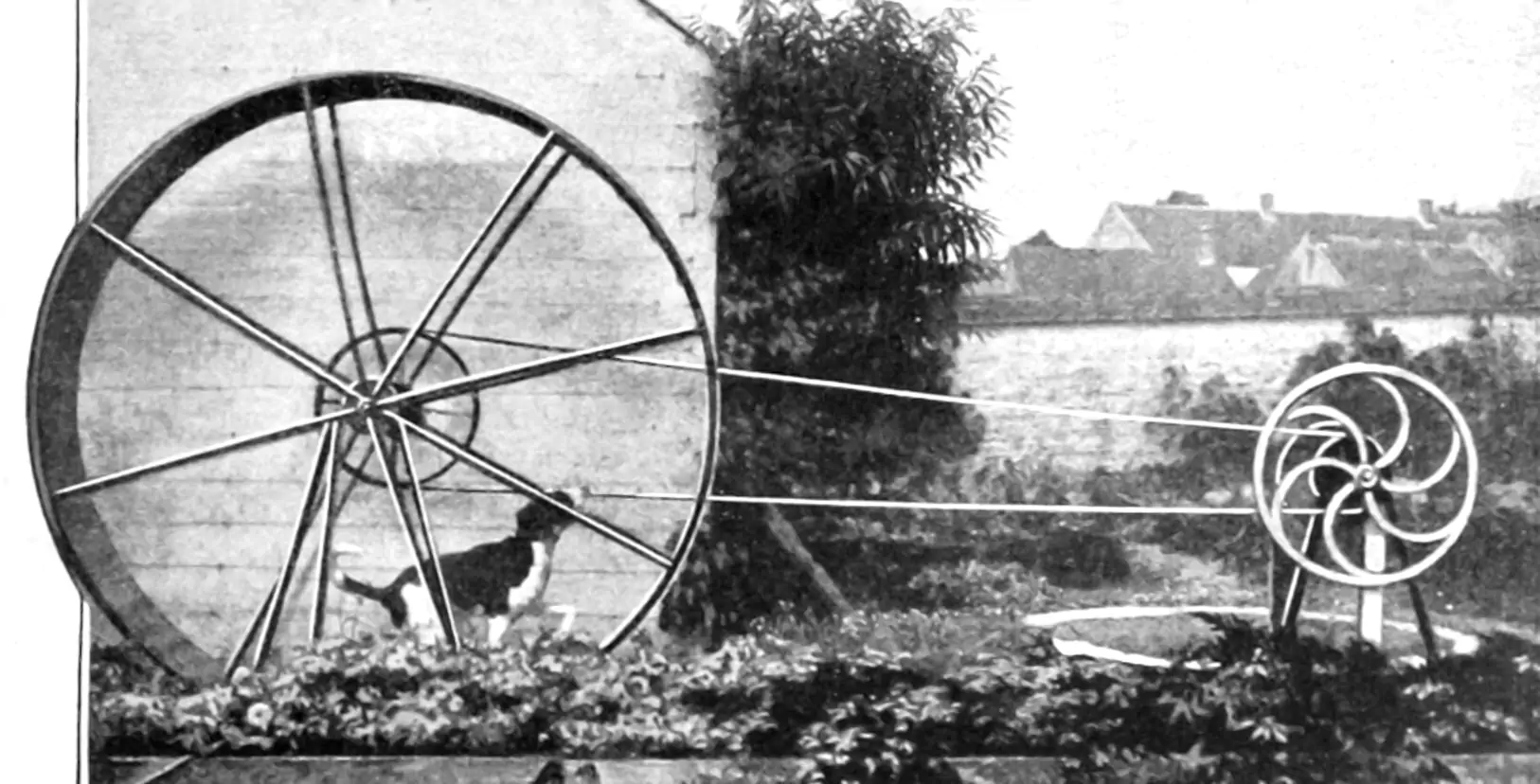Mass power generation, engineering and use
On the magical, terrible requisites of keeping the lights on
May 3, 2021 — January 23, 2024
Suspiciously similar content
I am no power system expert, but enough interesting links on the theme pop up that I may as well record them.
1 Fun with solar
Solar! Who hates solar? I was mildly chuffed to discover solar thermal generators in popular magazines in 1916.
However, it turns out the photovoltaics date back to the 1880s; see Bellingcat’s Untangling the Mystery of the World’s First Rooftop Solar Panel.
2 Wind stuff
TBD
3 Nuclear fission
How expensive is it? How safe? It’s complicated (Wheatley, Sovacool, and Sornette 2017; Wheatley, Sovacool, and Sornette 2016) but in short, sometimes dangerous. OTOH other things are also dangerous.
Apparently, there is an argument that it does not need to be expensive: Why has nuclear power been a flop?, which asserts that nuclear power suffers from cost disease. I am not qualified to assess that.
Without knowing much about nuclear power, my instincts are that I should be persuaded that nuclear reactors at the current rate will only destroy a town every few decades on average (Wheatley, Sovacool, and Sornette 2017) which is a minor toll compared to coal power, for example.
Would this low base-rate remain constant if the number of nuclear fission reactor deployments scaled up massively and was concentrated in countries which most need power, which also tend to have a poor track record of corruption and active terrorists? I imagine the rate of home-made nuclear weapons and accidental meltdowns might be higher in this case.
4 Fossil fuels
5 Power markets and grids
- OpenNEM: NEM tracks Australian energy market stats, and source/supply stuff.
6 “Energetics”
Vaclav Smil et al.
7 Small scale/DIY
8 Mapping renewable energy potential
9 Incoming
-
GridQube was established in 2019 to commercialize the Distribution System State Estimation (DSSE) system developed by the Solar Enablement Initiative (SEI). (ARENA project “Increasing Visibility of Distribution Networks”, https://arena.gov.au/projects/increasing-visibility-of-distribution-networks/)
It is a software only company that continues to develop the capabilities of better network management through network analysis, including power system state estimation, constraint analysis and other automated network performance assessments.
Boston and Bongers (2021) on low total cost power generation under uncertainty
My2050 calculator - create your pathway for the UK to be net zero by 2050
lanl-ansi/PowerModelsDistribution.jl: A Julia/JuMP Package for Unbalanced Power Network Optimization
Harvesting Electricity From High-Voltage Transmission Lines Using Fences | Hackaday



